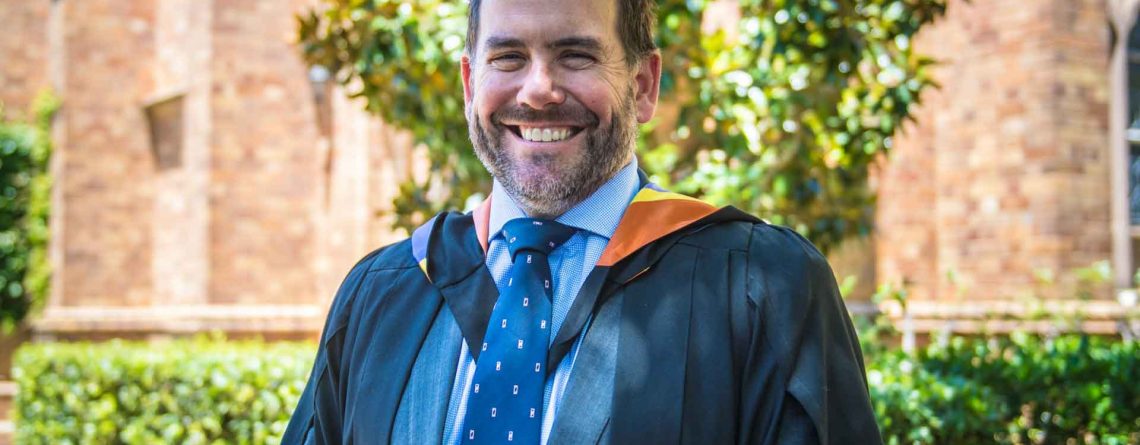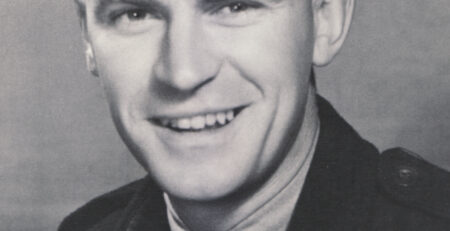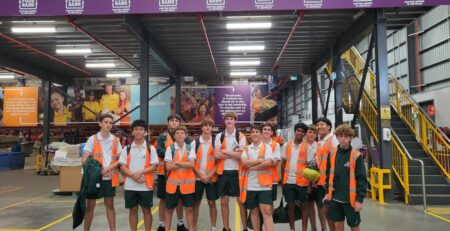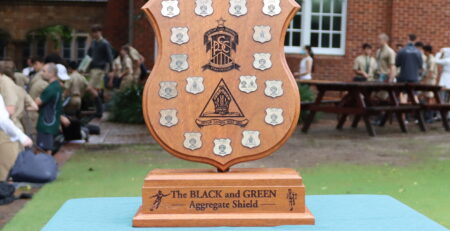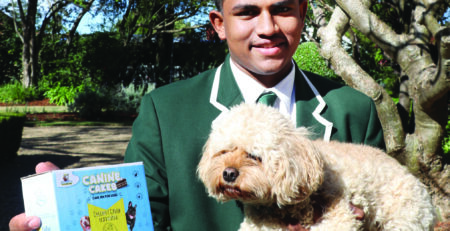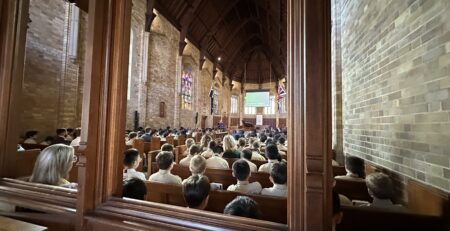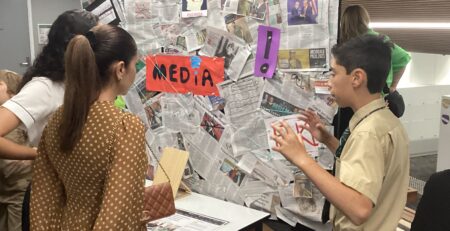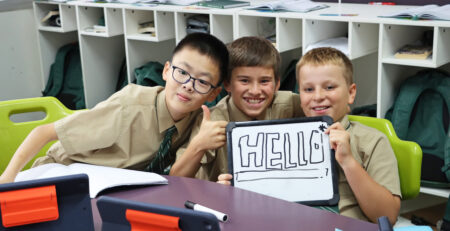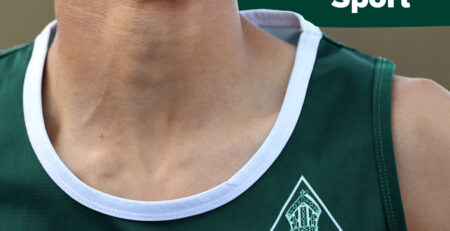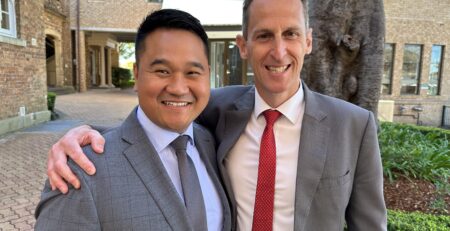From the Head Master
In a further sign of the resumption of business as usual, this weekend will see the full recommencement of our sporting programme at all Year levels across the School. The role of sport in the life of the School community has been much diminished since the advent of the Delta outbreak in the middle of 2021. However, it now appears that something close to normality will be able to take place, albeit with some COVID-related precautions, particularly with reference to spectator numbers and in our indoor venues. You can find the details regarding our approach to sport on the website here.
Our School considers participation in sport to be a crucial aspect of our educational vision. I do not imagine that this is a surprise to any members of our community. However, it may be that the full richness of this approach is not evident.
The starting point for valuing sport in education is the reality that we are not disembodied minds, or even ghosts inhabiting a machine, but entirely integrated holistic entities. Our physical wellbeing is inextricably linked with our mental and emotional wellbeing, our physical growth is woven together with our progress in maturity in all facets, and the corollaries of exercise (or lack thereof) have impacts on our day to day functioning. Physical exercise is simply good for us, and sport is an excellent way to ensure physical exercise happens.
However, there are many more reasons to value sport in education. Sport provides our boys with a paradigm for learning. In their sporting endeavours, they are learning. Crucially, they can see themselves learning and improving. They see how they are learning and improving; coaching, practice, persistence, experience, reflecting on experience, watching experts and emulating. All of these elements are integral to learning more generally, whether in the classroom or in the workplace or any other context where they will progress from novice to master. Sport helps us to learn how to learn.
Broadly speaking, there are two categories of sport at the School. These are competitive sport, whereby the students compete against other schools, and recreational sport. These two categories can blur a little, but the general concept is straightforward.
The benefits of recreational sport are easily recognised. Hopefully the boys will learn to enjoy exercise, develop their skills and fitness, and receive the benefits flowing from physical exercise. The School still expects the boys to turn up, to engage with the activity and with one another, and to behave at the standard that we always expect of them.
However, across their time at the School, and particularly in Years 7 to 10, the boys are also required to do at least one season of competitive sport each year. We believe that there are invaluable lessons to be learned from being part of and representing something bigger than yourself. Through competitive sport the boys learn to respond well to wins and losses, to selection and non-selection, and to manage the emotions that come with frustration, disappointment, exultation and adrenaline. They learn to manage the relationships and tensions between individual goals and group goals. They learn how to bring the best out of other people, and how to go high if other people go low. They learn that different people have different strengths and weaknesses and that to be in a team is to be interdependent with other people. These are all lessons that can be learned in the 7Gs or the 10As.
The rationales could go on. The social and emotional bonds that form in a team through shared experiences can be powerfully formative. The opportunities for parents to see their sons in action amongst their peers, as people in their own right and context, are invaluable. So too can be the hours of travelling across Sydney, shoulder to shoulder, in a tangible demonstration of parental commitment. It can also be a good way for learner drivers to get their 120 hours!
All of which is to say, there are many lenses through which we can look at the element of sport at Trinity. It is possible for boys and parents to see it as an unwanted burden. However, my encouragement is to adopt a broader view that positions school sport as an integral aspect of Trinity’s education in mind, body and spirit.
As indicated last week, I plan to keep the community informed regarding the prevalence of COVID-19 in the community. As of Thursday, there were fifty-nine students affected by COVID, with thirty being confirmed cases and twenty-nine isolating as household contacts. Of the confirmed cases, four were at the Preparatory School, seven at the Junior School, and nineteen in the Middle and Senior Schools. About half a dozen teachers are confirmed cases. Overall, the situation is much better than we had anticipated.
Nonetheless, we must all assume that we experience some level of contact with the virus in the course of daily life. Therefore, please continue to be vigilant in monitoring the boys for symptoms, continuing the surveillance testing with the government-supplied Rapid Antigen Home Tests, and encouraging COVID-safe behaviours.
Detur gloria soli deo
Tim Bowden | Head Master

